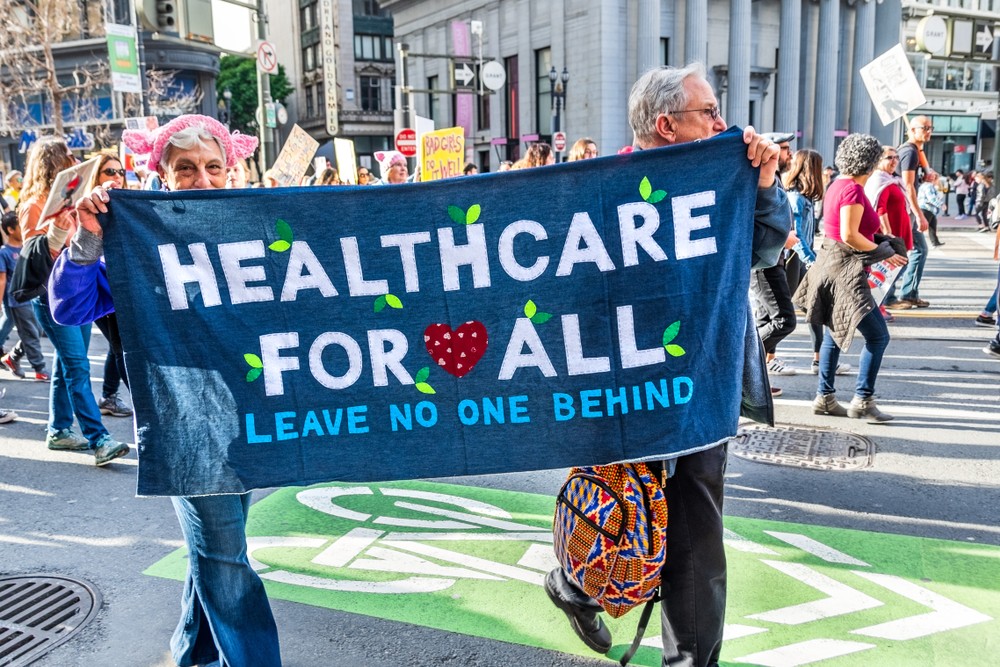
A new Gallup poll reveals that 62% of Americans now believe the federal government should guarantee healthcare coverage for all citizens, marking the highest level of support in over a decade. This surge in public sentiment comes amid growing frustration with rising costs and systemic inequities in the current for-profit healthcare system.
The poll demonstrates a dramatic shift in public opinion since 2013, when support for government-backed healthcare hit a low of 42% during debates over the Affordable Care Act (ACA). Support has grown across party lines, with Republican backing increasing from 22% to 32% since 2020, while Independent support rose six points to 65%. Democratic support remains steady at 90%.
"Americans aren't getting their money's worth," noted tech entrepreneur Elon Musk, highlighting the nation's disproportionately high administrative healthcare costs compared to other developed countries.
Recent controversies have intensified public scrutiny of private insurers. Anthem Blue Cross Blue Shield faced widespread backlash over proposed cuts to anesthesia coverage, ultimately forcing the company to reverse its decision. Representative Ro Khanna (D-Calif.) seized on the incident, advocating for Medicare for All as a solution to insurance industry practices.
While Americans broadly agree on government responsibility for healthcare, implementation remains contentious. The poll shows a near-even split between those favoring a government-run system (46%) similar to Canada or the UK, and those preferring private insurance-based coverage (49%).
Public approval of healthcare quality has plummeted to its lowest point since 2001, according to Gallup. Meanwhile, the ACA maintains stable support at 54%, though Americans remain divided on whether to keep the law as-is or pursue major changes.
As the healthcare debate continues, both major parties face complex challenges. Democrats must balance progressive calls for Medicare for All against moderate concerns, while Republicans grapple with growing constituent support for government intervention despite the party's traditional stance favoring private insurance.
The mounting demand for reform reflects both economic pressures on American families and an evolving view of healthcare as a fundamental right. With public trust in the current system at historic lows, pressure grows on policymakers to address costs, access, and quality of care in ways that could potentially bridge partisan divides.